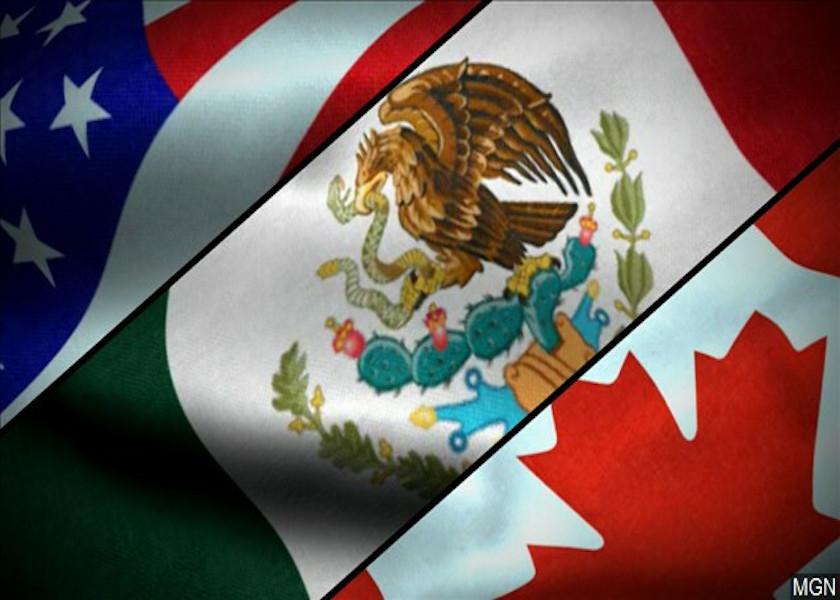USMCA Trade Panel Rejects U.S. Complaint About Access to Canada Dairy Market

A trade dispute settlement panel set up under a major North American free trade agreement has rejected a U.S. complaint that Canada is improperly limiting access to its dairy market, an official report showed on Friday.
The United States had accused Canada of not meeting obligations under the 2020 United States-Mexico-Canada Agreement to open its market to foreign producers.
The three-person independent panel ruled that Canada had not acted unreasonably. Their report was released on Friday.
U.S. Trade Representative Katherine Tai said in a statement that she was "very disappointed" by the ruling.
"The United States continues to have serious concerns about how Canada is implementing the dairy market access commitments it made in the Agreement ... we will not hesitate to use all available tools to enforce our trade agreements," she said.
Trading partners say that although Canada has over the years agreed in a number of deals to allow somedairy market access to foreign firms through a system of tariff-rate quotas, it was in fact improperly allocating most of them to domestic firms.
"Canada is very pleased with the dispute settlement panel's findings, with all outcomes clearly in favour of Canada," Trade Minister Mary Ng said in a statement.
In January 2022, an earlier USMCA panel said Ottawa had violated the accord by not opening up the domestic market enough. Canada then amended its policies.
The USMCA agreement kept in place Canada's decades-old supply management system, which restricts domestic production of dairy, eggs and poultry to stabilize incomes of dairy farmers and protect them from import competition with high tariffs.
Canada's roughly 10,000 dairy farmers form one of the most influential political lobbies. Most farm in Quebec and Ontario, the provinces with the most parliamentary seats.







